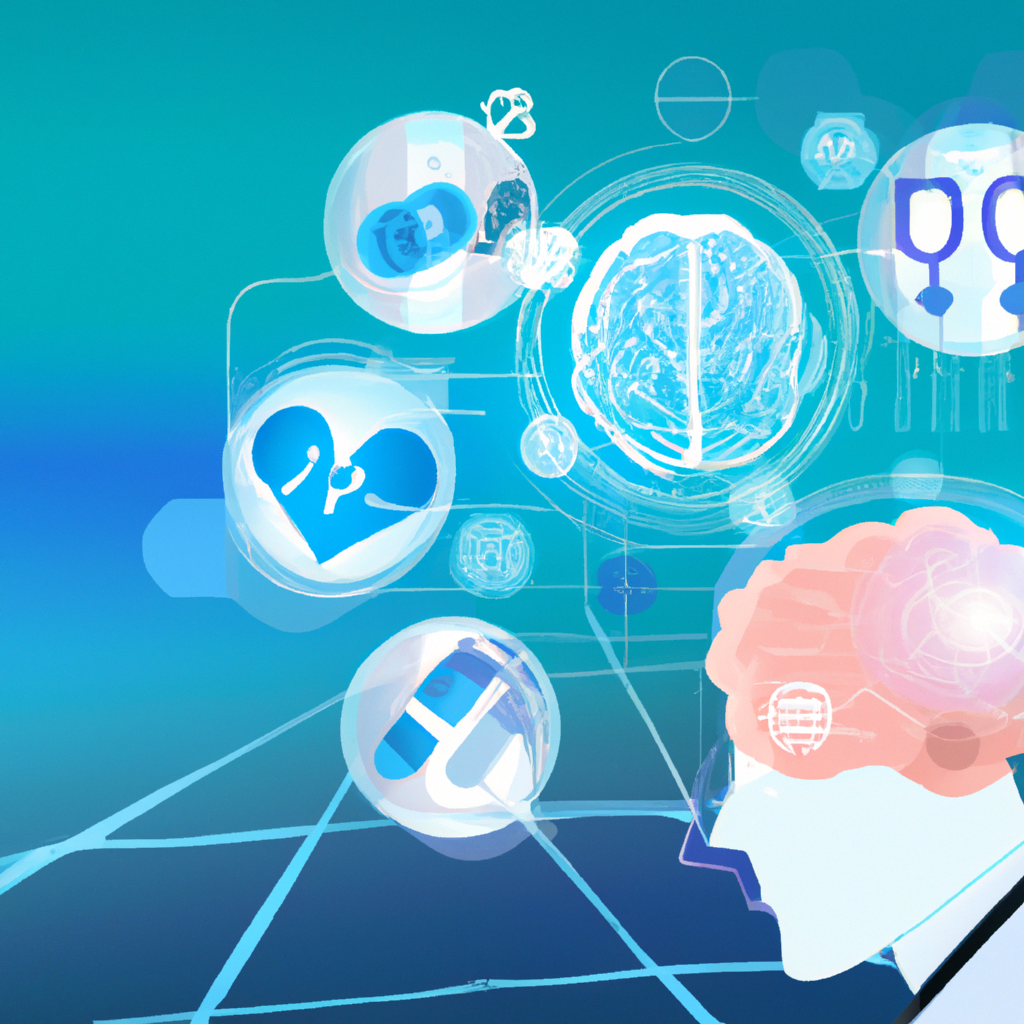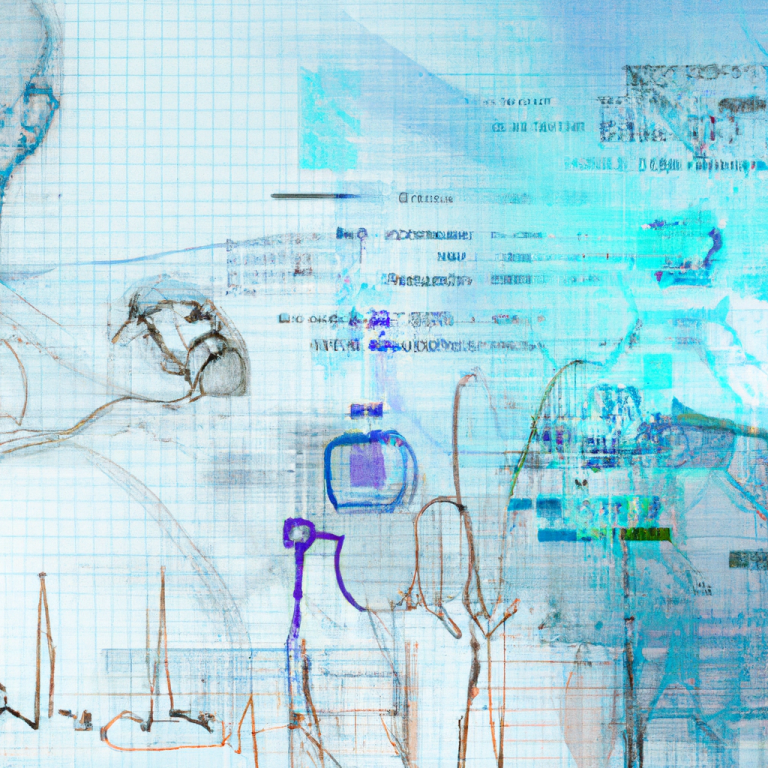Artificial intelligence (AI) has the potential to revolutionize medicine in many ways. One of the most promising applications of AI in medicine is the use of machine learning algorithms to help with medical diagnoses and treatment planning.
One of the main benefits of using AI in medicine is its ability to process vast amounts of data quickly and accurately. This can include analyses of medical images, lab test results, and patient history. By using these tools, doctors can make more informed decisions about patient care, leading to better outcomes.
In addition to improving diagnoses, AI can also help with clinical trials and drug development. Machine learning algorithms can help identify potential drug targets and predict how new drugs will perform in clinical trials. This can help speed up the drug development process and bring new treatments to patients faster.
Another important application of AI in medicine is in patient monitoring. Wearable devices and sensors can collect real-time data on patient health and transmit it to healthcare providers. Machine learning algorithms can then analyze this data to identify signs of health problems and notify healthcare providers if intervention is needed.
Overall, the use of AI in medicine is still in its early stages, but its potential to improve patient care and outcomes is tremendous. As technology continues to advance and more data becomes available, we can expect to see even more innovative uses of AI in medicine.



